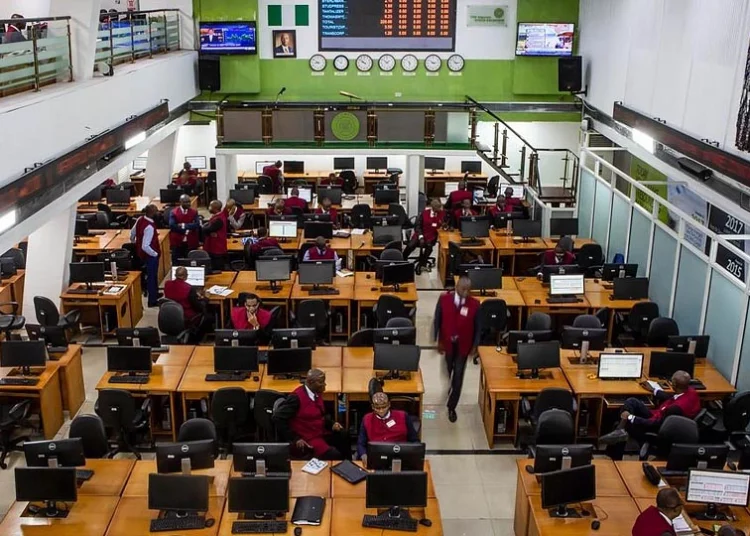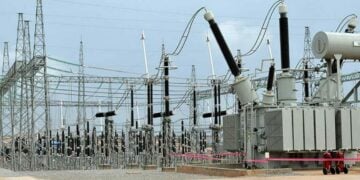With an average annual return of about five per cent, pension funds in the country have halved their investments in the Nigerian capital market in pursuit of higher yields rate in the fixed income assets.
A report by Coronation noted that, in July, the share of local equities to total pension fund assets fell to its lowest level since November 2020.
According to the report, Nigerian pension funds’ domestic equity exposure fell to 6.4 per cent compared to 11 per cent which it was in 2013.
Nigerian pension funds being the largest part of the domestic investors with total Assets Under Management at N14.36 trillion as of July 2022, is expected to further reduce its investments in the Nigerian equity market.
According to the report, “ Year-to-date, domestic institutional investors have accounted for 60.0 per cent of transactions on the NGX Exchange. Nigerian pension funds are the largest part of this group, with total Assets Under Management of N14.36 trillion as of July 2022. However, data from the pension industry regulator shows that Nigerian pension funds’ domestic equity exposure fell to 6.4 per cent in July 2022, the lowest since November 2020, from a 15-month high of 7.1 per cent at the end of April.”
The analysts noted that, this withdrawal is slated to spiral into an unprecedented outrun on the fortunes of equities, especially as foreign investors have taken flight due to economic uncertainties related to pre-election jitters.
“First, we looked back at pension funds’ historical exposure to domestic equities and found that Nigerian pension funds have essentially halved their equity exposure today, from 11.9 per cent levels at the end of 2013. This is understandable given equities have returned a measly 5.0 per cent annually in the period, compared to average inflation of over 13.0 per cent.
“But how do changes in equity exposure affect stock market returns, analysing quarterly data from as far back as 2013, we found that equity market returns and changes in Nigerian pension funds asset allocation to equities are correlated. In the month of July, PFA equity exposure fell by 42bps month on month (m/m) while the NGX ASI fell by 2.8 per cent m/m.
“With domestic institutional investors continuing to dominate trading in the equities market, it is likely that further reductions in PFA exposure to equities, especially as fixed income yields continue rise, could lead to further softening of the NGX-ASI,” they pointed out.
Recall that, June pension industry report by National Pension Commission (PenCom), noted that, allocation to domestic equities fell by an average of 14.8 percent in the second half of the last two pre-election years H2-2014: -15.0 per cent, H2-2018: -14.6 percent.
Analysts at united capital also added, “PFAs who currently set the pace of equity market direction tend to develop itchy feet towards Nigerian equities in a pre-election cycle. For FPIs, the consensus that they tend to exit emerging market equities whenever an election season starts holds true for Nigeria.
“For context, over the past two pre-election years, data from the Nigerian Exchange Group (NGX) show that FPIs have been net sellers of Nigerian equities to the tune of N81.8billion in the second half of a pre-election year.”





